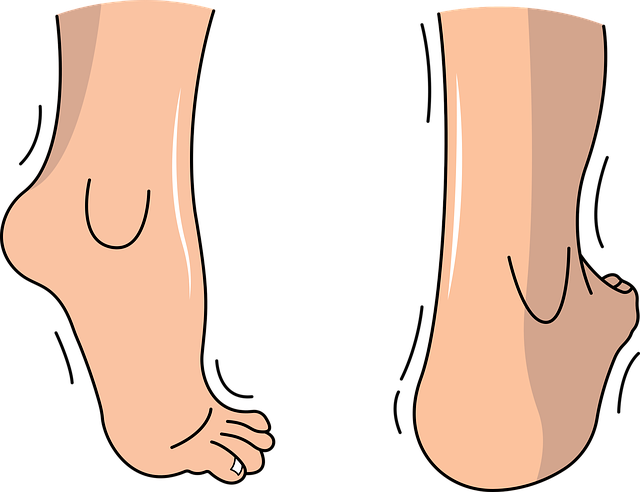Temporary disability in a workplace accident claim refers to non-permanent injuries causing temporary work inability, with varying durations and reassessments. To qualify, employees must prove employment-linked injuries preventing regular job duties. Claims involve submitting medical evidence and aim to compensate for lost wages, medical expenses, and support services like therapy and accommodations. Prompt reporting, legal guidance, and understanding company policies are crucial for successful compensation.
Experiencing a disability after a workplace accident can be daunting, but understanding your rights is essential. This guide unravels the complexities of temporary disability within the context of a workplace accident claim. We’ll explore key definitions, eligibility criteria, and the support services available to you. By delving into these aspects, workers can navigate their claims confidently, ensuring they receive the compensation and assistance they deserve for their temporary disabilities.
- Understanding Temporary Disability Definitions
- Eligibility Criteria for Workplace Accident Claims
- Navigating Compensation and Support Services
Understanding Temporary Disability Definitions

In the context of a workplace accident claim, understanding temporary disability is crucial. This term refers to a period where an individual is unable to work or perform regular duties due to non-permanent injuries or health conditions. It’s distinct from permanent disability, which connotes lasting impairments. Employers and insurance companies often use it as a category for injury compensation, especially in cases of car accident injuries or serious injuries that render a worker incapable of their usual tasks but are expected to heal or improve with time.
The definition of temporary disability varies across jurisdictions and insurance policies. Generally, it’s defined by the duration of recovery, ranging from days to weeks or months. This period is typically followed by a reassessment to determine if the individual can return to work or requires further medical care. For those who suffer from car accident injuries or other serious injuries, navigating this phase of a workplace accident claim can be challenging but understanding one’s rights and options is essential in securing appropriate injury compensation.
Eligibility Criteria for Workplace Accident Claims

In order to be eligible for a workplace accident claim, an individual must meet specific criteria. Firstly, they must have suffered an injury or illness as a direct result of their employment or while performing tasks related to their job. This includes accidents that occur on-site as well as those that happen off-premises during work-related activities. Secondly, the injury or illness should be temporary, meaning it prevents the individual from carrying out regular work duties for a period of time. It’s important to note that even if an employee is able to work with some restrictions, they may still be eligible for compensation based on the extent of their disability and loss of earning capacity.
The process involves submitting a claim application, which typically requires medical evidence to support the nature and severity of the injury or illness. This documentation should include diagnoses, treatment plans, and any relevant medical reports. Unlike cases of commercial disputes or medical negligence/malpractice where fault is determined, workplace accident claims focus on compensating employees for their temporary disability and associated costs, such as lost wages and medical expenses.
Navigating Compensation and Support Services

Navigating a workplace accident claim can be complex, especially when it comes to understanding compensation and support services available for temporary disability. Following an accident, employees may face significant challenges in their daily lives and on the job. The first step is to review employment contracts and company policies regarding workers’ compensation benefits. These documents outline specific procedures for filing a claim and the types of assistance provided during recovery.
It’s crucial to promptly report the incident to your employer and seek medical attention if injured. From there, individuals can access various support services, including physical therapy, rehabilitation programs, and accommodations to maintain job functionality. In case of insurance disputes, an auto accident lawyer specializing in workplace injuries can guide claimants through the legal process, ensuring they receive fair compensation for their temporary disability and associated costs.
A temporary disability resulting from a workplace accident can significantly impact an individual’s life, but understanding your rights and the navigation of a workplace accident claim is crucial. By grasping the definitions, eligibility criteria, and available compensation, you can access essential support services that facilitate a smoother transition during recovery. This knowledge empowers employees to assert their entitlements and ensure they receive the necessary aid for their specific circumstances.






